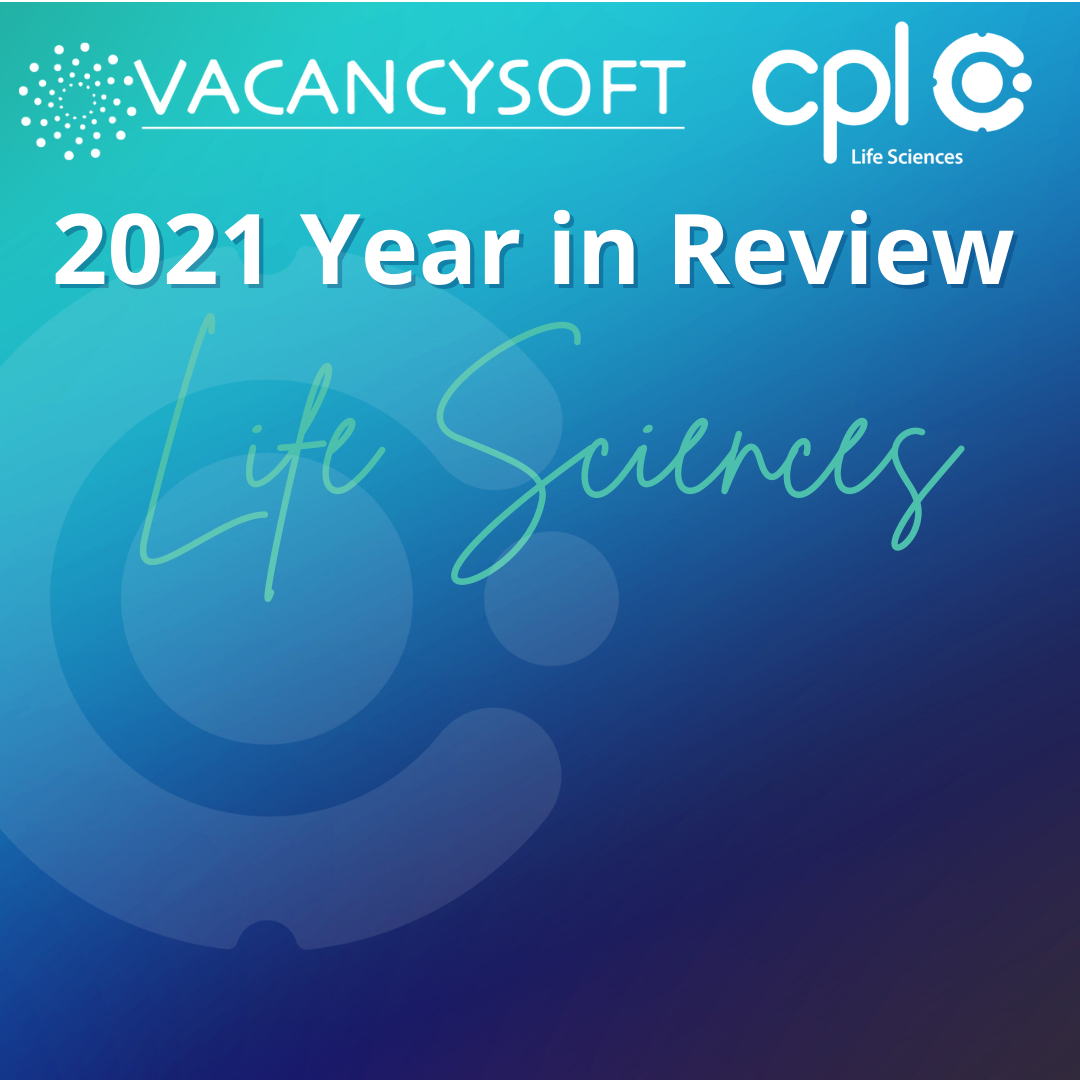We are delighted to be partnering with Vacancysoft to provide insight on recruitment activity in the UK life sciences sector.
In this annual review of 2021, we examined recruitment at pharmaceutical firms, CROs and biotech companies and highlighted the key trends we witnessed.
CEO Yvette Cleland comments:
"COVID-19 dominated the minds of the population and scientific community throughout 2021 across the UK and Europe. This in turn had huge implications for the life sciences sector across pretty much every field. From a UK perspective the pandemic, and the successful roll-out of COVID-19 therapeutics and vaccines, underlined the vital work of the sector and the transformative potential of industry-government collaboration. Alongside the NHS, there is also likely to be an increasing focus on the importance of the life sciences sector in the context of the UK’s recovery from the pandemic and long-term economic growth whilst also focusing on the first-year post leaving the European Union. From an incredibly positive standpoint the UK life sciences companies raised a record-breaking total of £6.6bn in the first 10 full months of 2021, a tenfold increase on the amount raised in 2012 even before the year closed out. This was in part due to a record 3 billion in Biotech alone. With this significant Biotech investment follows a significant growth in newly created roles coming into industry.
Reflecting on Biotech specific jobs and volume in 2017 as a comparator, July 2021 we say 3 times the growth and therefore record numbers of Biotech roles. In fact, in July 2021 alone, we saw over 290 new jobs come onto the market, a staggering 111.8% growth from July 2020. As 2021 concluded, we saw over 72% growth on vacancies versus 2020 and compared to 2019 a 136% increase.
Since the spring of 2020 Contract Research Organisations (CRO’s) have also been demonstrating a significant uplift in live positions as Biopharma continues to outsource much of its drug development and discovery. The South of England, based on our latest data remains dominant in the concentration of jobs accounting for 54% of all new vacancies. Interestingly this is a 1.9% decrease in its overall share of the UK life sciences job market indicating other areas of the country are developing their life sciences offering at a pace. However, as we see a surge in London based scientific jobs with an 84% rise year-on year it will be interesting to assess Q1 2022 data to analyse trends and patterns.
Whilst the creation of jobs is on one hand an encouraging indicator of the UK’s strength post Brexit, this also poses an exceptionally large challenge for the industry. An industry that unfortunately has not taken the investment in new talent as seriously as required. Should this pattern continue, and whilst conversations in Boardrooms focus on this danger, there are very few companies that are acting on or investing in the vast array of apprenticeship schemes available or comprehensive graduate training schemes in the volumes and commitment required. This will move very close to a crisis point over the next few years unless companies truly step up and bring new talent forward. Some things always feel impossible until they are done. A call to action on new talent is the job currently that needs to be done."
